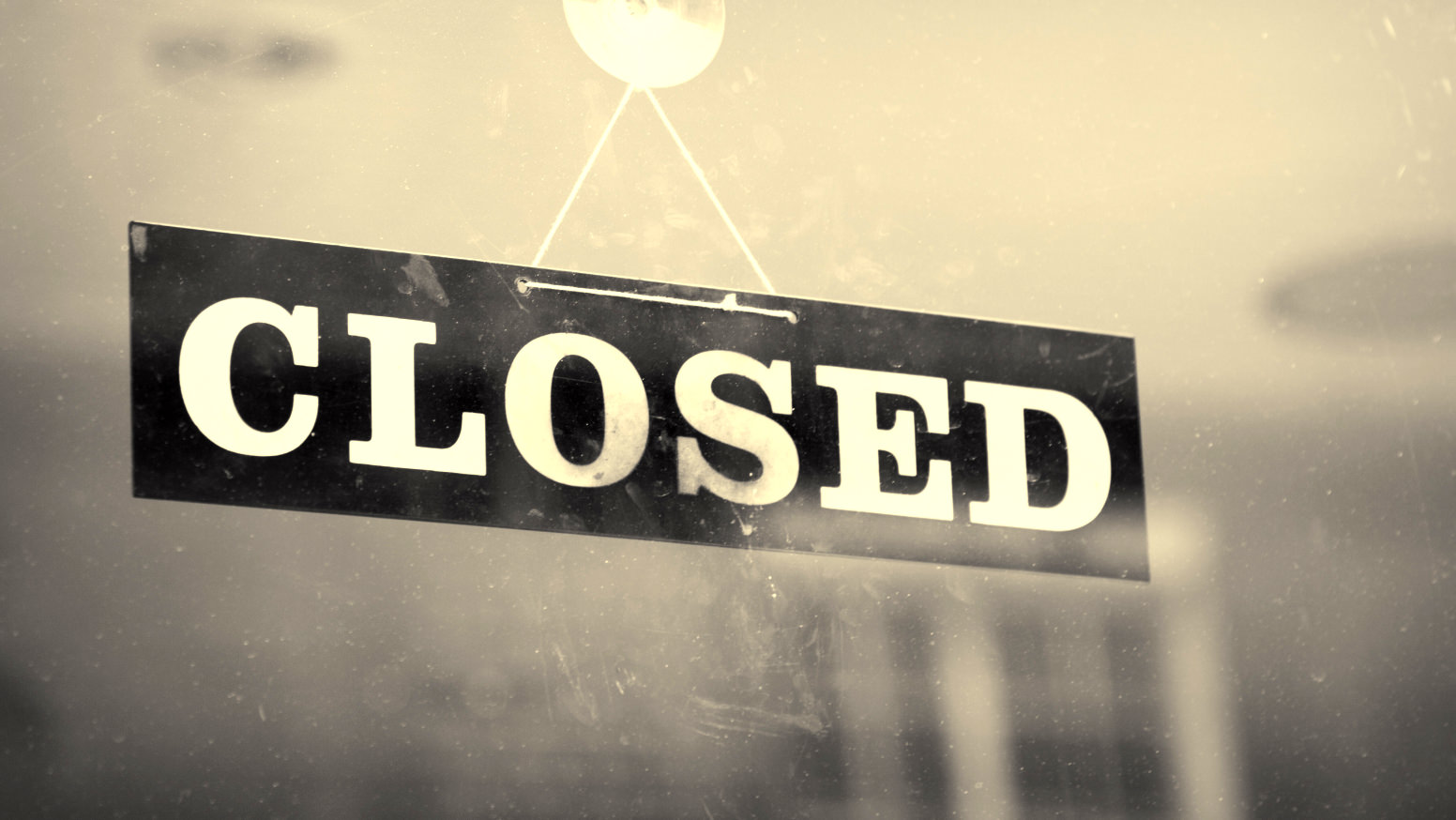Texas bankruptcy attorneys
Closing your Business and need help? Learn more about Chapter 7 Bankruptcy debt relief today.
Legal Services
Resources
General Eligibility
To qualify for relief under chapter 7 of the Bankruptcy Code, the debtor may be an individual, a partnership, or a corporation or other business entity. 11 U.S.C. §§ 101(41), 109(b). Subject to the means test described above for individual debtors, relief is available under chapter 7 irrespective of the amount of the debtor’s debts or whether the debtor is solvent or insolvent.
Moreover, the court may dismiss a chapter 7 case filed by an individual whose debts are primarily consumer rather than business debts if the court finds that the granting of relief would be an abuse of chapter 7. 11 U.S.C. § 707(b).
Texas Median Income Levels
Your average household income is determined by averaging your monthly income over the last six calendar months. Once you determine your average monthly income you multiply that by 12 to determine your annual income for the purpose of Texas median income test.
| Household Size | Monthly Income | Annual Income |
|---|---|---|
| 1 | $4,241.83 | $50,902.00 |
| 2 | $5,574.92 | $66,899.00 |
| 3 | $6,162.33 | $73,948.00 |
| 4 | $7,188.25 | $86,259.00 |
| 5 | $7,938.25 | $95,259.00 |
| 6 | $8,688.25 | $104,259.00 |
| 7 | $9,438.25 | $113,259.00 |
| 8 | $10,188.25 | $122,259.00 |
| 9 | $10,938.25 | $131,259.00 |
| 10 | $11,688.25 | $140,259.00 |
Filers with Primarily Consumer Debt
If the debtor’s “current monthly income” (1) is more than the state median, the Bankruptcy Code requires application of a “means test” to determine whether the chapter 7 filing is presumptively abusive. Abuse is presumed if the debtor’s aggregate current monthly income over 5 years, net of certain statutorily allowed expenses, is more than (i) $12,850, or (ii) 25% of the debtor’s nonpriority unsecured debt, as long as that amount is at least $7,700. (2) The debtor may rebut a presumption of abuse only by a showing of special circumstances that justify additional expenses or adjustments of current monthly income. Unless the debtor overcomes the presumption of abuse, the case will generally be converted to chapter 13 (with the debtor’s consent) or will be dismissed. 11 U.S.C. § 707(b)(1).
Filers with Primarily Business Debt
If you are closing a restaurant, gym, hair salon, dry cleaners, or any other small franchised business, the “Means Test” may not be applicable to your filing.
Individual filers with primarily business debt need not pass the Means Test in Texas, but should still carefully review their present and projected income with their bankruptcy attorney before filing. This means that debtors who may still make more than the Median Income above, but who have primarily Business debt, may still consider the benefits of a Chapter 7 Bankruptcy.
Other Factors
An individual cannot file under chapter 7 or any other chapter, however, if during the preceding 180 days a prior bankruptcy petition was dismissed due to the debtor’s willful failure to appear before the court or comply with orders of the court, or the debtor voluntarily dismissed the previous case after creditors sought relief from the bankruptcy court to recover property upon which they hold liens. 11 U.S.C. §§ 109(g), 362(d) and (e).
In addition, no individual may be a debtor under chapter 7 or any chapter of the Bankruptcy Code unless he or she has, within 180 days before filing, received credit counseling from an approved credit counseling agency either in an individual or group briefing. 11 U.S.C. §§ 109, 111.
There are exceptions in emergency situations or where the U.S. trustee (or bankruptcy administrator) has determined that there are insufficient approved agencies to provide the required counseling.
Talk to your Bankruptcy attorney if you believe one of these exceptions may apply to you.
Have a Question?

The Perliski Law Group is dedicated to helping small business owners survive the closure of their business and the resulting financial damage caused the collapse of their business. During your free initial consultation, we will explain how the Bankruptcy process works and outline the debt relief options that may be available to you under Chapters 7, 11 & 13.

